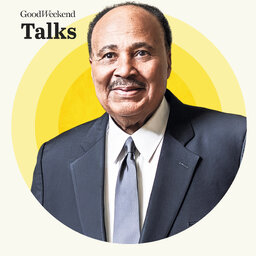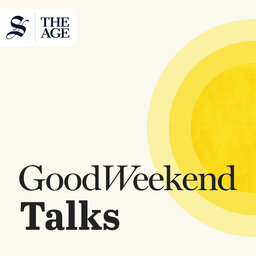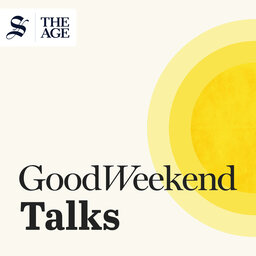How Neil Perry became the unofficial mayor of Double Bay
In this episode, we speak with Sydney chef Neil Perry, and we're asking a specific question - can one restaurateur single-handedly lift a suburb from the doldrums? Perry now has three Double Bay eateries, Margaret, Next Door, and the Melbourne import Baker Bleu, with two more scheduled to open in August.
Hosting this episode about the Perry family business, his experience in the food scene over many decades and what it takes to renew an entire suburb is Sydney editor for The Sydney Morning Herald, Michael Koziol.
In 2 playlist(s)
Good Weekend Talks
Good Weekend Talks features in-depth conversations with the people fascinating Australians right now…Social links
Follow podcast
Recent clips

Martin Luther King III on retaining hope in today’s world: ‘Civility has been temporarily lost’
36:49

Pod Save America’s Jon Lovett on hope – and comedy – in the midst of a Trump presidency
30:21

Alex de Minaur on the drive to compete, hitting rock bottom, and his classic car obsession
40:23
 Good Weekend Talks
Good Weekend Talks
